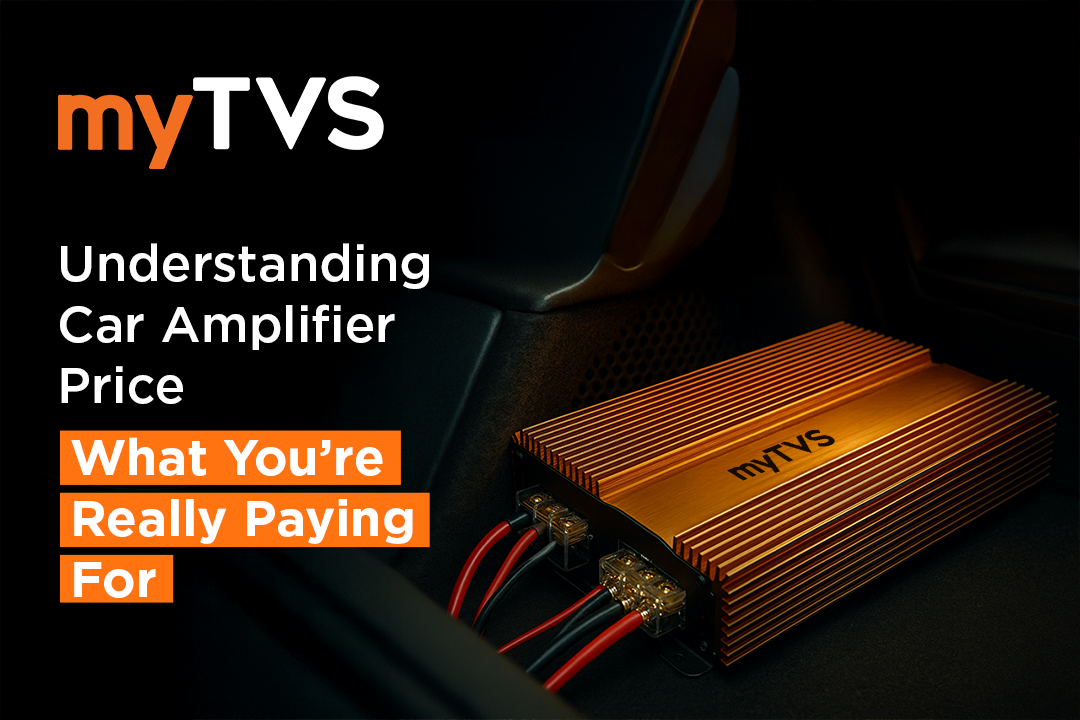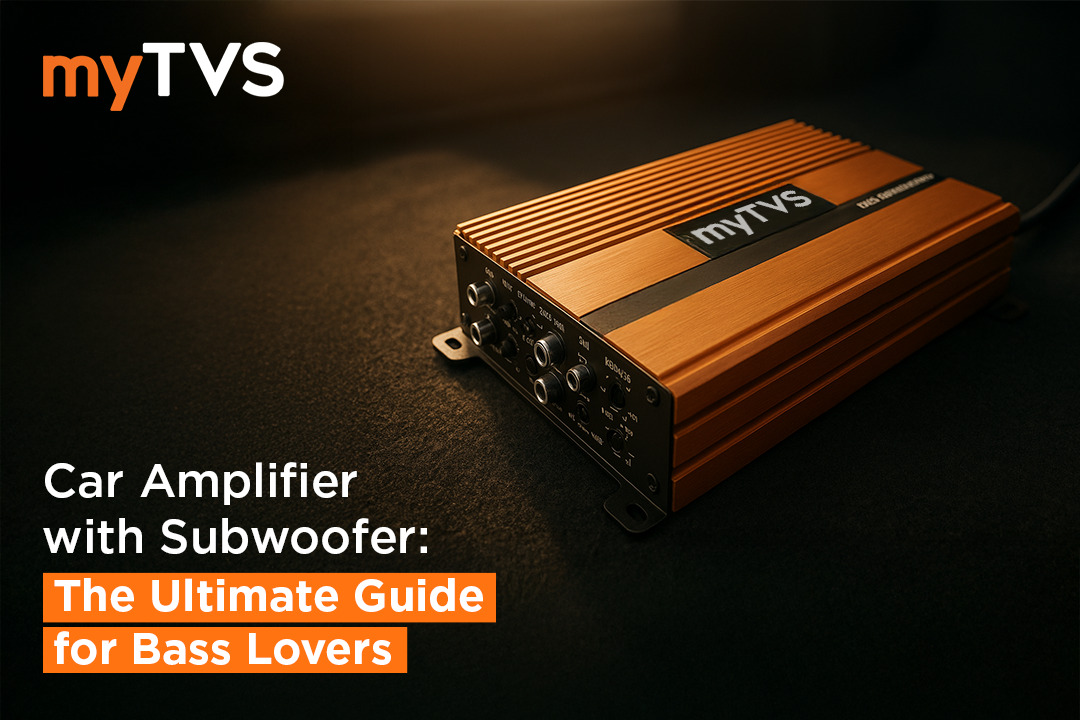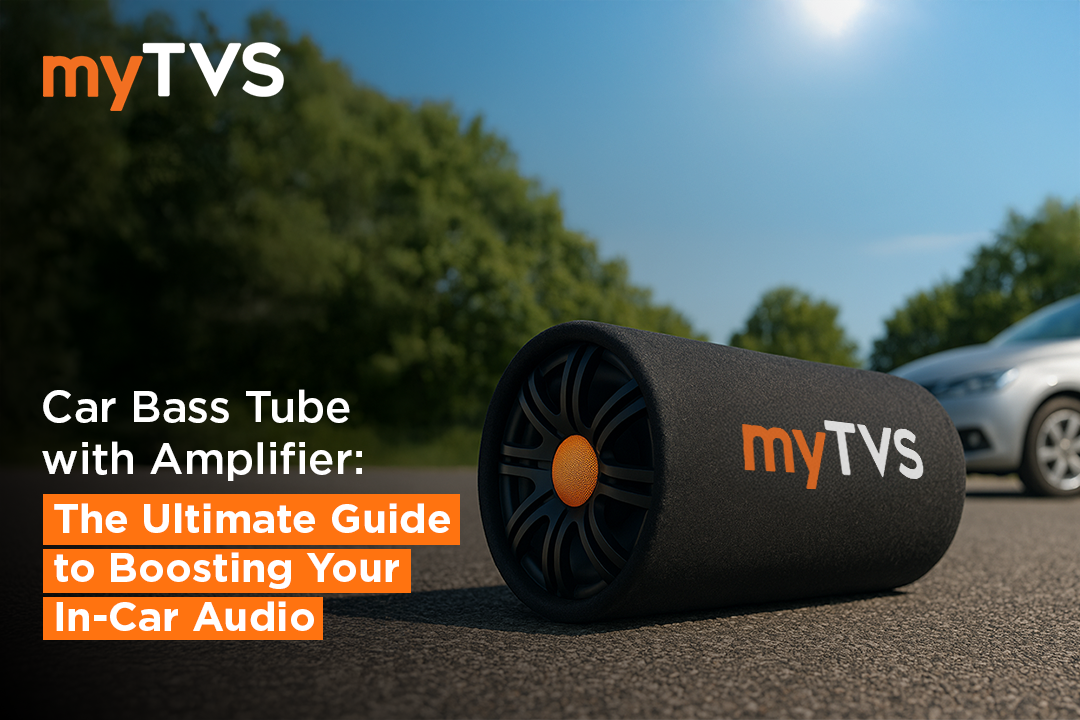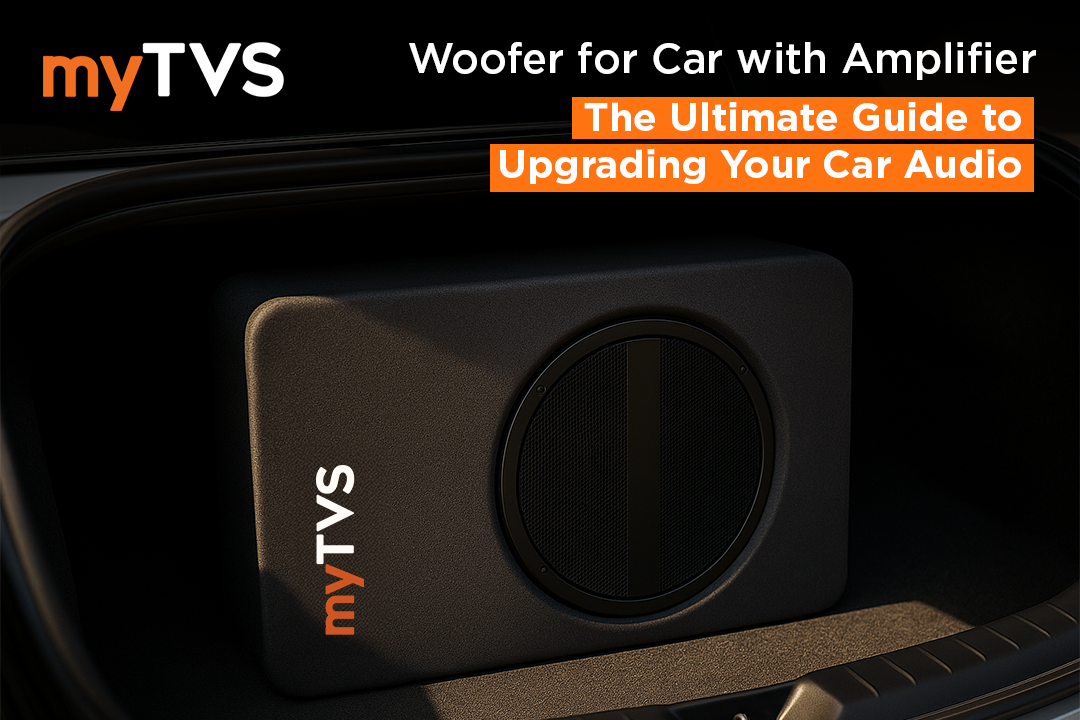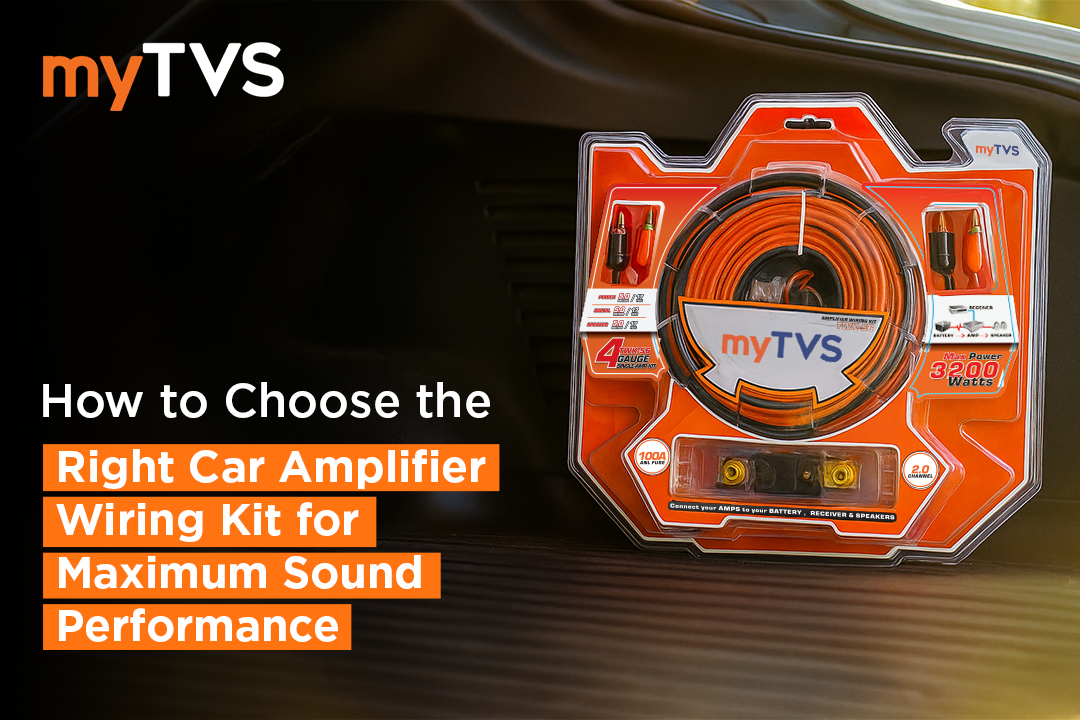If you’re searching for the best car audio experience, understanding the car amplifier price is essential. The price of a car amplifier can range dramatically, from budget-friendly models to high-end premium units. Knowing what drives these price differences helps you make an informed purchase and ensures you get the best value for your money. In the first 50 words, the goal is clear: understanding car amplifier price is the first step toward selecting an amplifier that matches your car audio needs without overspending.
A car amplifier enhances the power output to your speakers, creating richer, clearer sound at higher volumes. However, the vast range in car amplifier price can confuse many buyers. This article breaks down the factors influencing cost, helping you understand what you are really paying for when you shop for a car amplifier.
Why Car Amplifier Prices Vary So Widely
When shopping for a car amplifier, the variation in car amplifier price is one of the most noticeable things. Why does one model cost $100 while another is priced at $600 or more? Several key factors influence this variation:
- Brand reputation and warranty: Established brands with proven track records usually price their amplifiers higher. The warranty they provide often reflects the confidence in their product’s durability.
- Build quality and thermal protection: Amplifiers built with high-quality components, heat sinks, and protection circuits will cost more, but these features protect the amp from overheating and ensure longer lifespan.
- Audio fidelity and power circuitry: Higher-priced amplifiers typically feature advanced circuitry for cleaner sound output and more stable power delivery. This means less distortion at higher volumes and better overall listening experience.
- Additional features: Some amplifiers come with built-in digital signal processing, adjustable crossovers, or noise filters, all of which contribute to a higher car amplifier price but improve sound customization.
Understanding these factors helps explain why cheaper amplifiers often sacrifice sound quality and durability, while premium models justify their higher car amplifier price with superior performance.
Key Specifications That Affect Pricing
Not all amplifiers are created equal, and understanding the technical specifications that affect car amplifier price will help you make an educated decision:
- RMS Wattage vs. Peak Power: The RMS rating refers to the continuous power the amplifier can deliver, while peak power is the maximum output in short bursts. Amplifiers with higher RMS ratings generally command a higher car amplifier price because they provide consistent, reliable power to speakers.
- Number of Channels: Amplifiers come in various channel configurations — 2-channel, 4-channel, or even multi-channel setups. More channels offer greater flexibility to power multiple speakers or subwoofers independently, and thus increase the car amplifier price.
- Signal Processing & Crossovers: Advanced amplifiers include built-in crossovers and digital signal processing (DSP) capabilities, allowing precise control over frequencies sent to each speaker. These features improve sound quality but raise the car amplifier price significantly.
- Onboard Features: Features like LED clip indicators, clean signal setups, remote bass controls, and thermal protection circuits are typically found in higher-priced amplifiers. These add convenience, safety, and better audio control, justifying a higher car amplifier price.
By paying attention to these specs, you can better evaluate whether the car amplifier price matches the features and performance you need.
Comparing Budget vs Premium Amplifiers
When considering the car amplifier price, it's useful to understand what kind of performance and features you get at different price points:
- $100–$150: At this entry-level price, you’ll find basic 2-channel or 4-channel amplifiers with limited features. These amps are suitable for casual listeners who want a simple power boost but won’t deliver high fidelity or long-term durability.
- $150–$300: Mid-tier amplifiers in this range often include better thermal management, improved audio fidelity, and some signal processing options. These amps are ideal for audiophiles on a budget or those upgrading their factory audio systems.
- $300–$600 and above: Premium amplifiers boast constant power delivery, digital signal processing (DSP), advanced cooling, and robust aluminum construction. At this car amplifier price level, you get top-notch sound quality, reliability, and flexibility, making these amps suitable for serious audio enthusiasts and custom installations.
Understanding what to expect at each price point can help you avoid paying too much for features you don’t need or missing out on important performance upgrades by choosing the cheapest option.
Matching Amplifier Specs with Your Audio Setup
Choosing the right amplifier means matching its capabilities and price to your car audio system. To ensure you get the best bang for your buck, consider these factors when evaluating car amplifier price:
- Speaker compatibility: Check that the amplifier’s RMS wattage meets or slightly exceeds your speakers’ RMS rating. Undersized amps can distort sound or damage components, while oversized amps might cost more than necessary.
- Subwoofer power requirements: Subwoofers demand high and stable power output. Investing in a mid-range or premium amplifier with a higher car amplifier price will ensure cleaner bass and prevent amplifier clipping.
- Bridging channels: Many amplifiers allow bridging two channels to power a single speaker with more wattage. This feature increases flexibility without the need for an expensive amp upgrade and should be considered when looking at car amplifier price.
By matching amplifier specs carefully, you avoid overpaying for an amplifier that doesn’t fit your needs or buying one that underperforms.
Top Mistakes to Avoid When Judging Car Amplifier Price
Many consumers fall into traps when evaluating car amplifier price without understanding what it means:
- Ignoring RMS power: Focusing on peak wattage or marketing hype rather than RMS wattage can mislead buyers about real-world performance.
- Assuming higher price always equals better sound: While price is often linked to quality, sometimes mid-range amplifiers offer excellent value without the premium price tag.
- Not planning for system upgrades: If you expect to upgrade your speakers or add subwoofers later, buy an amplifier that can accommodate future power needs rather than a cheaper one that will quickly become obsolete.
Avoiding these mistakes ensures you get an amplifier whose car amplifier price matches its true value and performance.
Get Expert Advice and Installations at myTVS
Looking for the perfect car amplifier at a price that suits your budget? Visit myTVS, India’s trusted car accessories destination, where expert staff can recommend the ideal amplifier for your needs. Benefit from professional installation and a wide selection of amplifiers at every car amplifier price point. Upgrade your car audio system today at myTVS.com or visit your nearest myTVS workshop.
Final Verdict
When evaluating car amplifier price, it’s crucial to look beyond the number on the tag. Focus on matching amplifier features, power, and durability to your specific needs. For most users, mid-range amplifiers provide excellent balance between price and performance. Serious audiophiles and custom installers might find the higher car amplifier price of premium amps worthwhile for superior sound and reliability.
Remember, the best amplifier is the one that fits your audio system, listening preferences, and budget — not just the one with the highest or lowest car amplifier price.
FAQs
Q1. What’s a good wattage for a car amplifier?
A good wattage depends on your speakers but aim for an amp with RMS wattage equal to or slightly higher than your speaker ratings to ensure clean power delivery.
Q2. Why do similar amplifiers have different prices?
Differences in brand, build quality, thermal protection, and onboard features account for price variations even if specs look similar.
Q3. Do more expensive amplifiers always sound better?
Generally, yes, because they use better components and technology, but personal preferences and system matching also affect perceived sound quality.
Q4. Can I use a budget amplifier with premium speakers?
You can, but it may limit the speakers’ potential and could cause distortion if the amp is underpowered.
Q5. Does the warranty affect car amplifier price?
Yes, amplifiers with longer or more comprehensive warranties usually cost more, reflecting manufacturer confidence.
Q6. Are all-channel amplifiers better than 2-channel models?
Not necessarily — the best choice depends on your speaker setup and how you want to distribute power.
Q7. Is it worth paying extra for digital signal processing (DSP)?
DSP offers advanced sound customization, which can justify a higher car amplifier price if you seek precise audio tuning.
Q8. How often should I replace my car amplifier?
Replace it when your system demands more power, features become outdated, or the amp starts failing.




